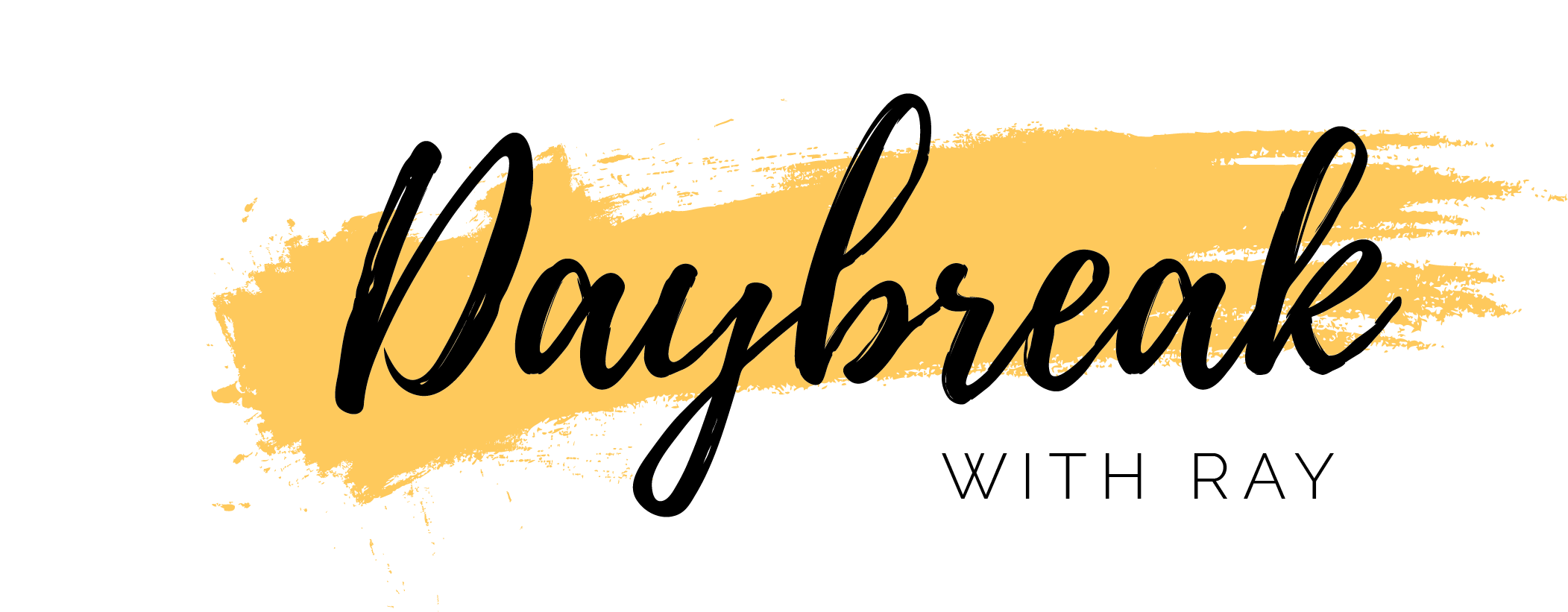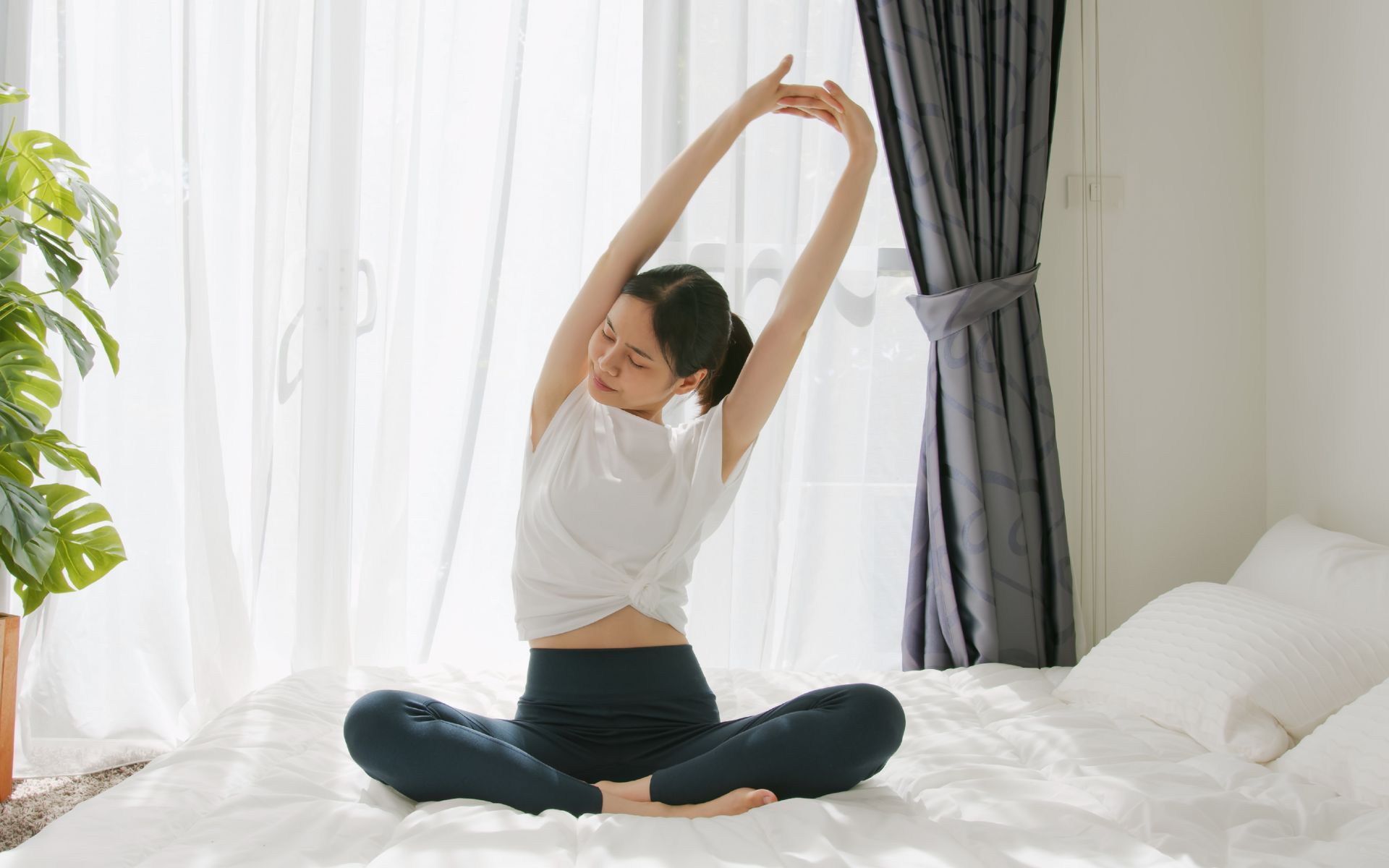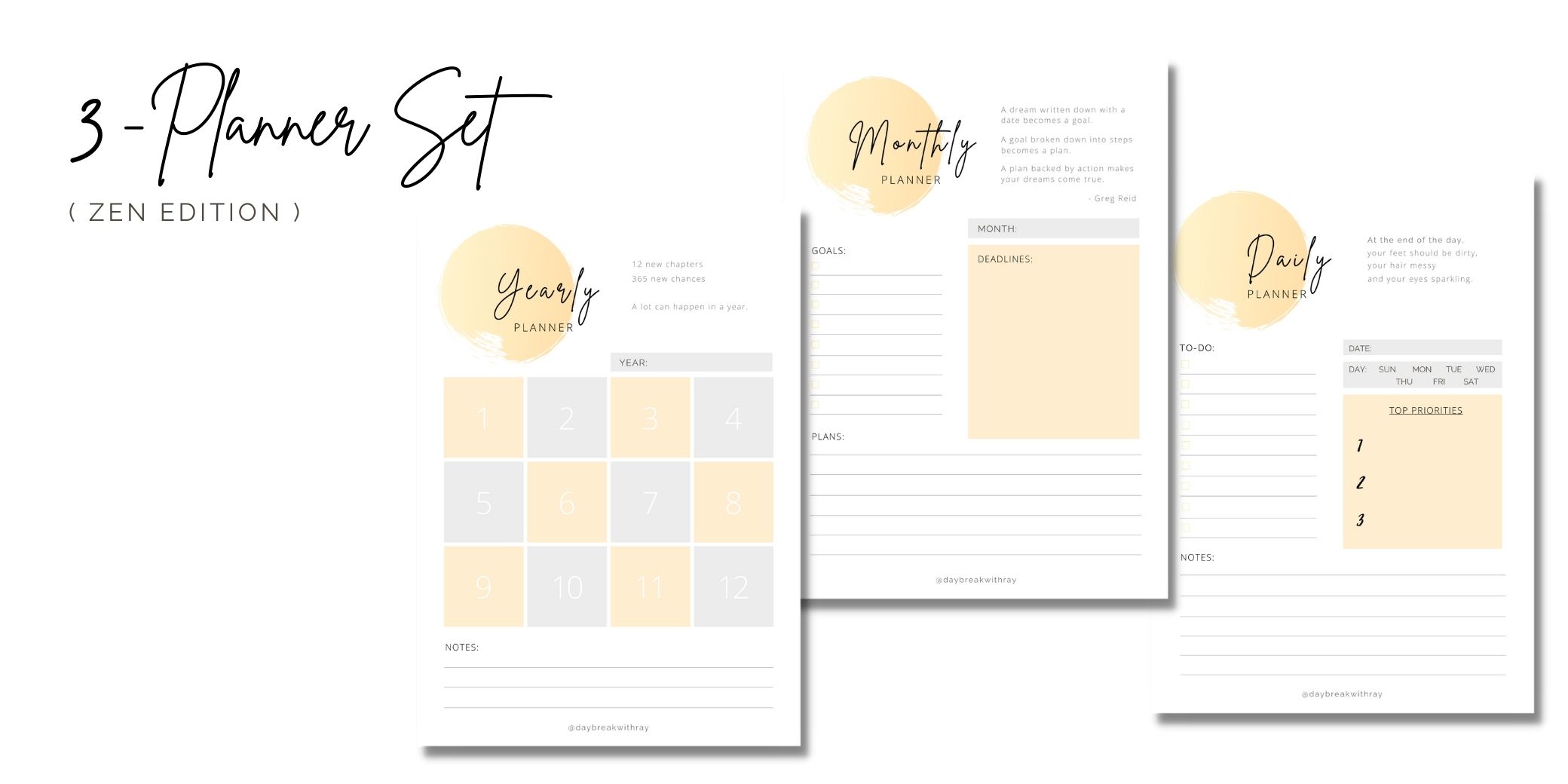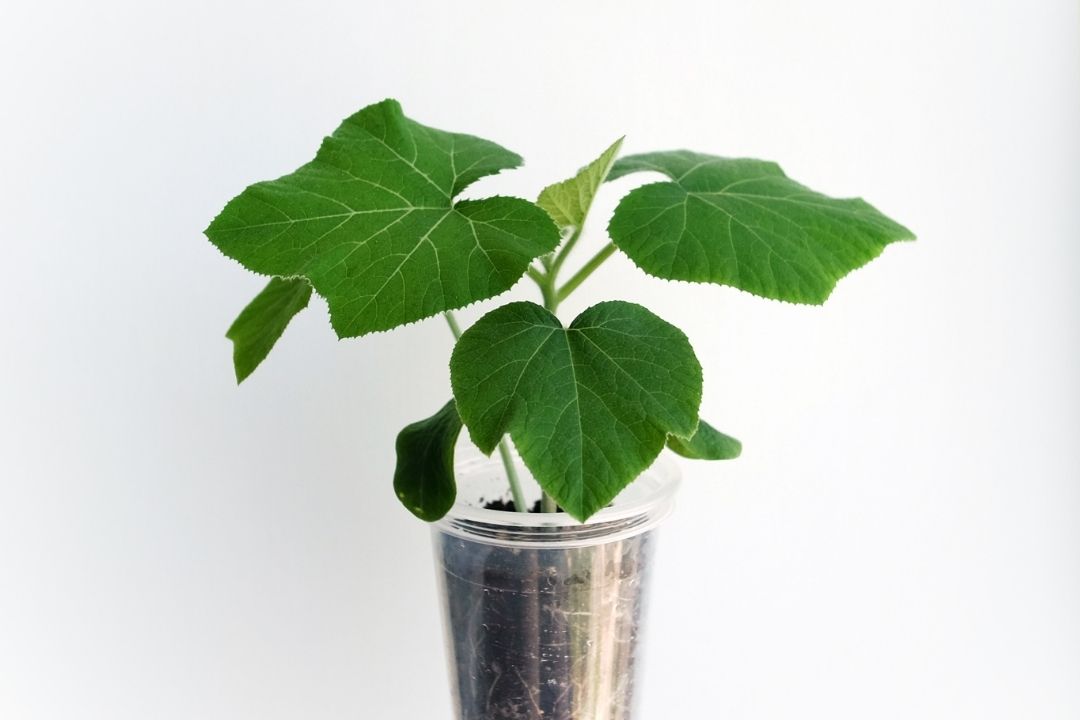21-Day Sleep Challenge: Proven Tips to Improve Sleep Quality
Unlock the Secrets to Better Sleep with Our 21-Day Challenge
Start Your Journey to Better Sleep Today
Ready to transform your sleep? The 21-Day Sleep Challenge provides actionable steps to create a more restful sleep environment and establish healthier bedtime habits. Each day, you’ll tackle a new aspect of sleep improvement, from managing caffeine intake to utilizing sleep-inducing scents and incorporating gentle stretching or yoga. With consistent effort and these expert-backed sleep solutions, you’ll be well on your way to achieving more restful and rejuvenating nights.
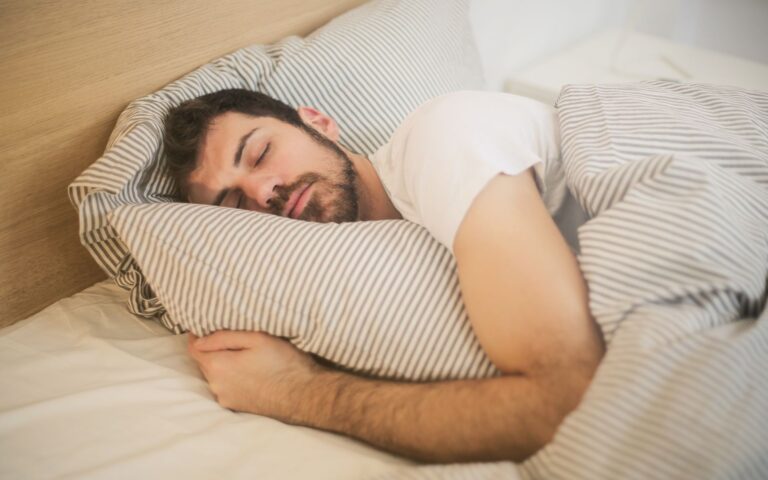
By committing to this challenge, you’ll gain valuable insights into your sleep patterns and learn how to implement effective sleep strategies tailored to your needs. Dive into the challenge today and take the first step towards better sleep and a more vibrant, energized life.
21-Day Sleep Challenge to Boost Performance
This 21 days sleep challenge will guide you through effective sleep improvement strategies to achieve better sleep quality. Each day focuses on practical steps to help you overcome common sleep problems and develop healthy sleep habits.

Day 1 of 21
Limit Liquid Intake Before Bed
Reducing liquid intake before bedtime is a simple sleep hack to minimize nighttime awakenings and promote uninterrupted sleep.
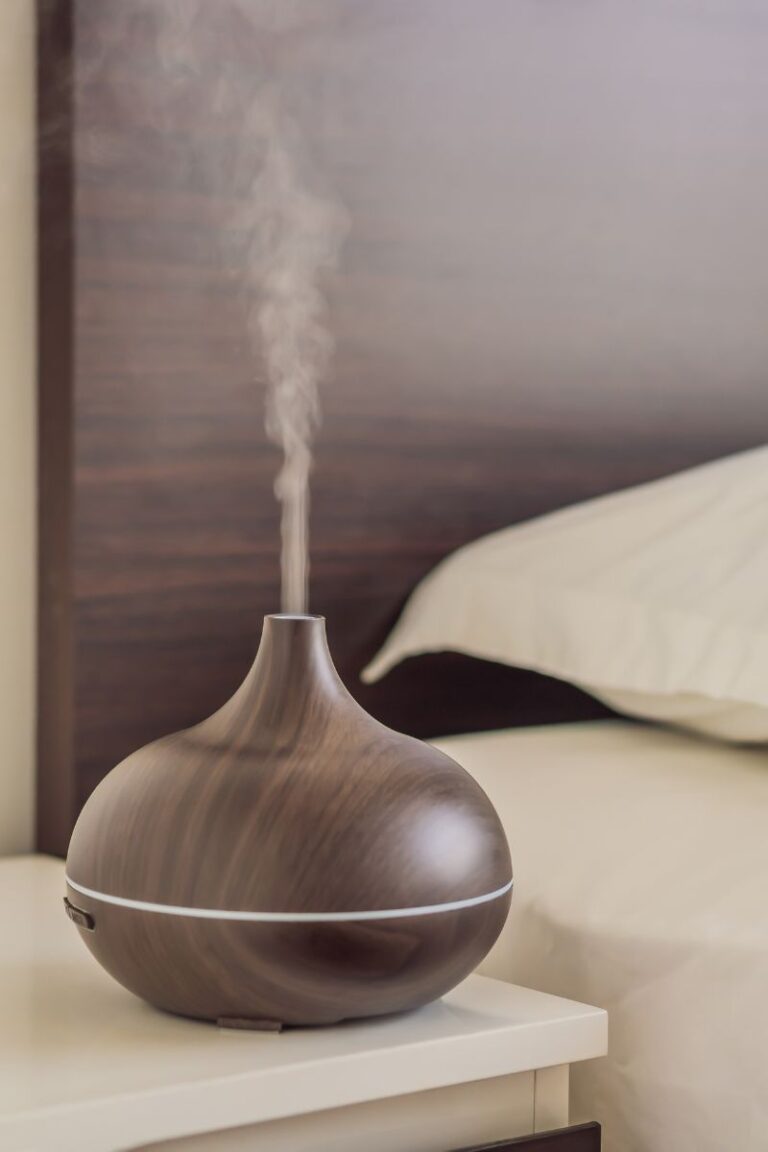
Day 2 of 21
Use a Sleep-Inducing Scent
Aromatherapy with calming scents like lavender is known for its benefits for sleep and can improve overall sleep quality. Consider essential oils or scented pillows for additional relaxation.
You might also be interested in The Healing Power of Essential Oils by Eric Zielinski
Day 3 of 21
Create a Relaxing Bedtime Routine
A consistent bedtime routine is a key element in improving sleep onset and signaling to your body that it’s time to wind down for the night.
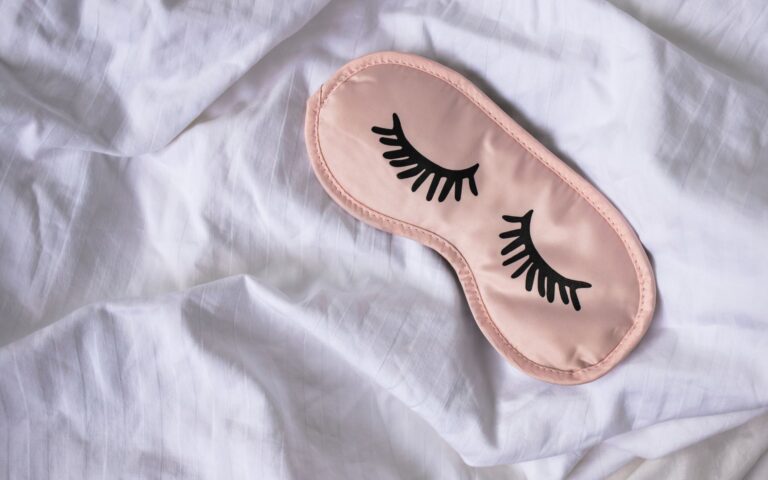
Day 4 of 21
Keep the Bedroom Dark
Transforming your bedroom into a dark environment can greatly enhance sleep quality. Invest in blackout blinds, eye masks, or sleep masks to block out light and create a perfect sleep environment.
You might also be interested in The Sleep Revolution by Arianna Huffington

Day 5 of 21
Limit Exposure to Screens
Reducing screen time before bed is crucial for minimizing blue light exposure, a common cause of sleep disturbances. Utilize blue light filters if necessary.
Day 6 of 21
Establish a “Wind-Down” Period
Dedicate the final 30-60 minutes of your day to non-stimulating activities as part of a wind-down routine. This helps prepare your body for quality sleep.
Day 7 of 21
Avoid Large Meals and Alcohol Before Bed
Adjusting your pre-sleep eating and drinking habits is a practical approach to avoid sleep disruptions. Opt for lighter meals and avoid alcohol to prevent sleep disturbances.
Day 8 of 21
Avoid Caffeine in the Afternoon
Managing your caffeine intake in the afternoon can significantly enhance your ability to fall asleep. Choose caffeine-free alternatives to support a restful night’s sleep.

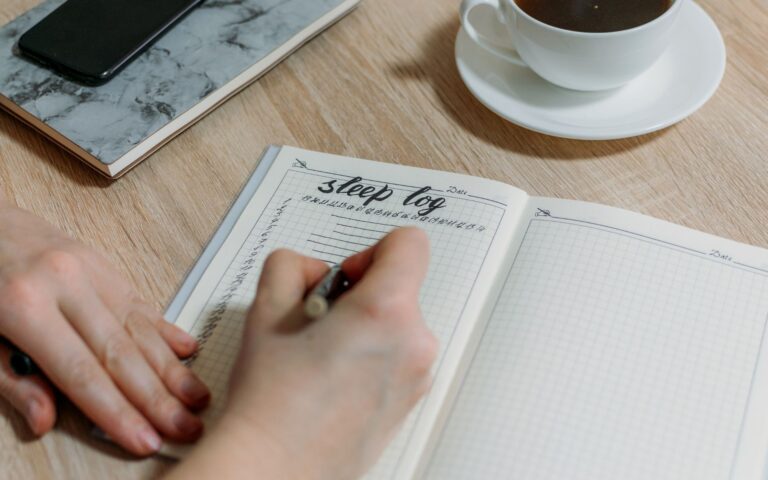
Day 10 of 21
Track Your Sleep Patterns
Monitoring your sleep patterns with a sleep diary or app helps identify sleep issues and areas for improvement. Analyzing this data can lead to more effective sleep strategies.
Day 11 of 21
Create a Sleep Sanctuary
Investing in a comfortable mattress and pillows, and maintaining a distraction-free bedroom, can enhance sleep comfort and improve overall sleep quality.
Day 12 of 21
Try a White Noise Machine
A white noise machine can effectively mask disruptive sounds and create a soothing environment for uninterrupted sleep, especially in noisy areas.
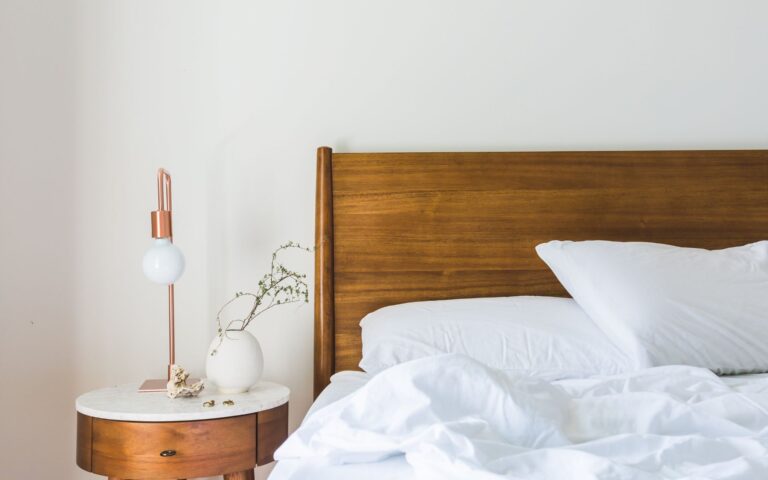
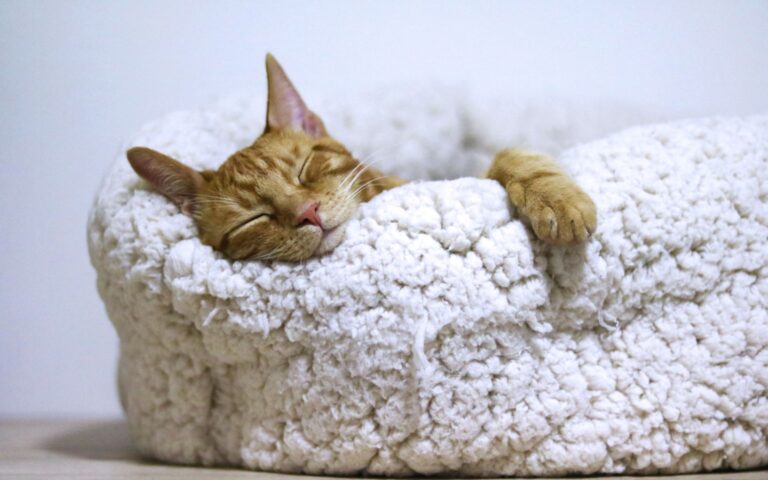
Day 13 of 21
Incorporate Gentle Stretching or Yoga
Gentle stretching or yoga before bed can help relax muscles and calm the mind, promoting both physical and mental relaxation to support better sleep.
You might also be interested in Yoga for Better Sleep by Mark Stephens
Day 14 of 21
Practice Stimulus Control
Restricting your bed use to sleep and intimacy strengthens the association between your bed and sleep, making it easier to fall asleep quickly and achieve quality sleep.
You might also be interested in End the Insomnia Struggle: A Step-by-Step Guide to Help You Get to Sleep and Stay Asleep by Colleen Ehrnstrom and Alisha L. Brosse
Day 15 of 21
Gradually Adjust Your Sleep Schedule
Making incremental changes to your sleep schedule can be an effective method for improving sleep patterns and establishing a consistent sleep routine.
Day 16 of 21
Use Relaxation Training
Techniques like deep breathing and mindfulness can significantly reduce pre-sleep anxiety and improve sleep quality. Regular practice of these relaxation techniques is beneficial.
You might also be interested in The Relaxation Response by Herbert Benson with Miriam Z. Klipper
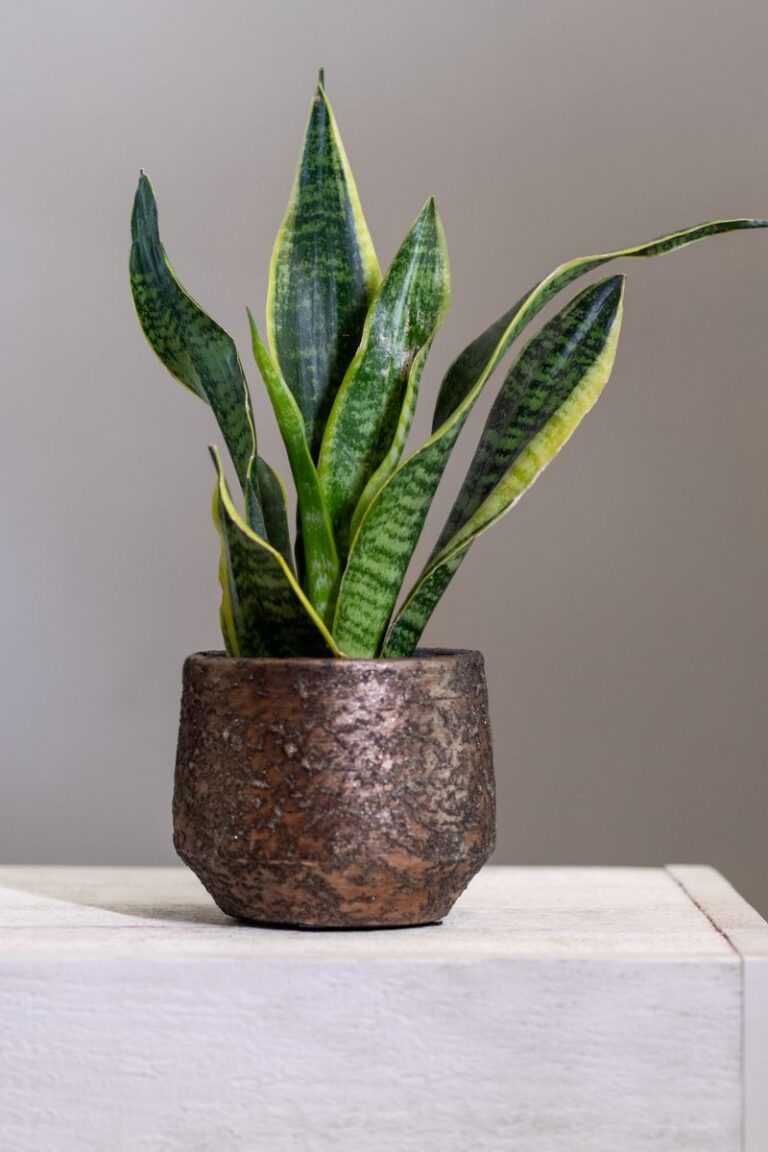
Day 17 of 21
Enhance sleep with plants
Incorporating certain plants into your bedroom can contribute to a calming environment and support better sleep quality. Plants like lavender and chamomile are known for their soothing properties.
For more ideas on what plants to keep, check out Martha’s Blog Post on 10 Plants That Will Help You Sleep Better
Day 18 of 21
Manage Sleep Anxiety with a Bedside Journal
Keeping a bedside journal helps manage sleep anxiety by allowing you to jot down thoughts before bed, which can reduce mental clutter and enhance sleep quality.
Day 19 of 21
Set a Sleep Goal
Aiming for 7-9 hours of quality sleep each night involves monitoring and adjusting your habits to meet this sleep goal, which supports overall sleep health.
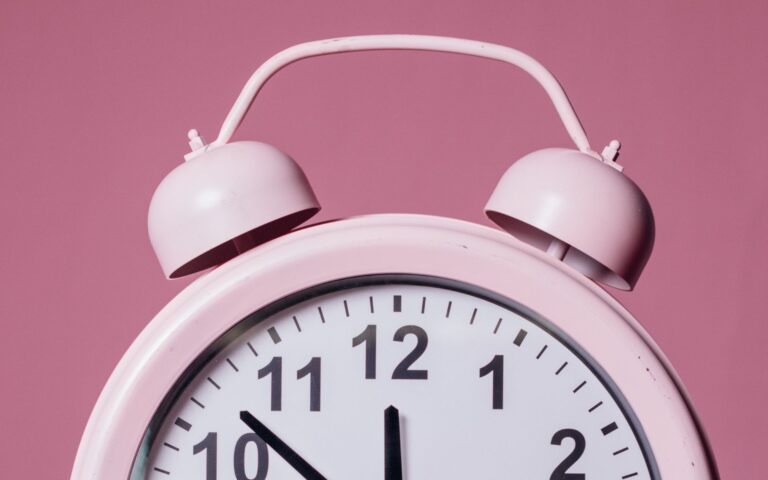
Day 20 of 21
Avoid Clock Watching
Avoiding clock-watching during the night can help reduce anxiety and prevent frustration, leading to a more restful sleep experience.
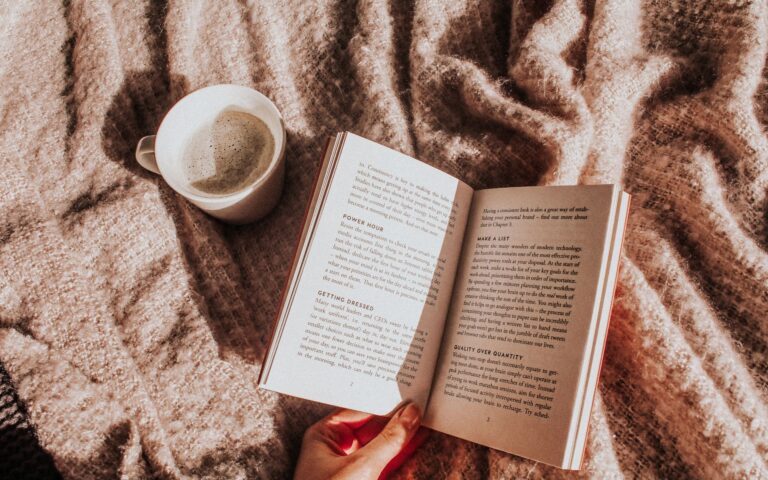
Day 20 of 21
Educate Yourself About Sleep
Learning more about sleep science can enhance your approach to improving sleep quality. Consider exploring books that provide insights into effective sleep strategies.
List of Books to Learn About Sleep
- Why We Sleep: Unlocking the Power of Sleep and Dreams by Matthew P. Walker
- Sleep Smarter: 21 Essential Strategies to Sleep Your Way to a Better Body, Better Health and Bigger Success by Shawn Stevenson
- The Seven-Day Sleep Prescription: Seven Days to Unlocking Your Best Rest by Aric Prather
- Sleep Smarter Now: The Easy Method for Better Sleep, Insomnia and Chronic Sleep Problems
- How to Sleep: The New Science-based Solutions for Sleeping Through the Night
- Sharing The Covers: Every Couple's Guide to Better Sleep
- Night School: The Life-Changing Science of Sleep
- In Search of Sleep: An Insomniac's Quest to Understand the Science, Psychology, and Culture of Sleeplessness
Embarking on this 21-day sleep challenge is more than just a step towards better sleep—it’s an investment in your overall well-being. By implementing these carefully selected strategies, you’re not only addressing common sleep issues but also establishing a foundation for long-term sleep health. Each daily task is designed to seamlessly integrate into your routine, helping you develop healthy sleep habits that can lead to more restful nights and energized days.
Conclusion
Remember, the journey to improved sleep quality is a gradual process, and consistency is key. By dedicating yourself to these practices, you’ll be taking proactive steps to overcome sleep disturbances and enhance your overall sleep experience. As you progress through the challenge, you’ll likely notice significant improvements in how quickly you fall asleep, how deeply you sleep, and how refreshed you feel each morning.
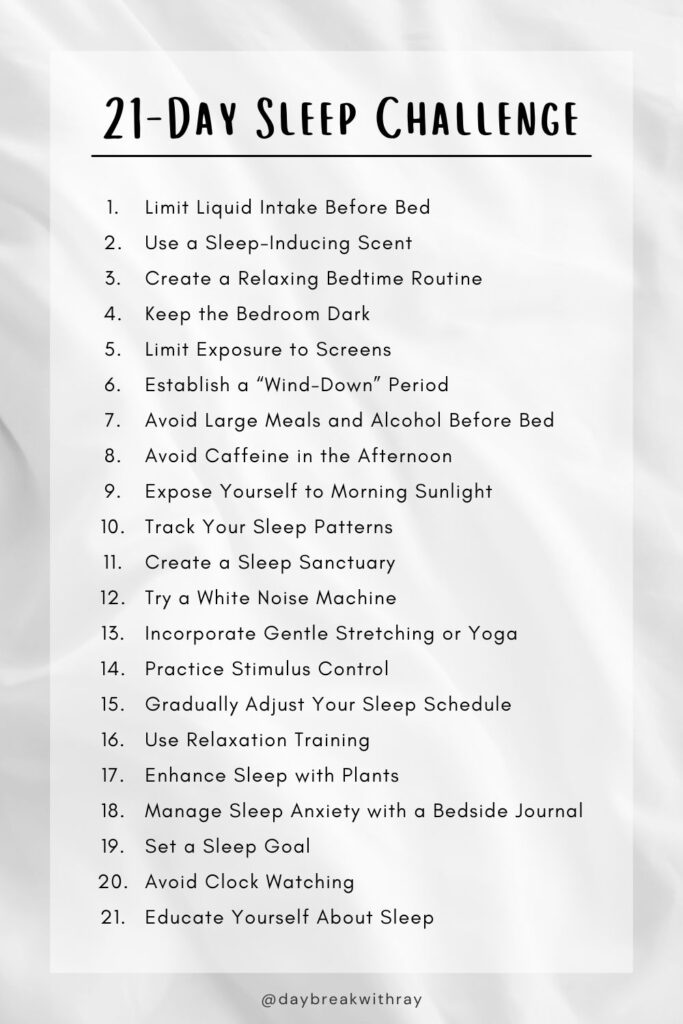
I’m happy to present to you all, the 3-Planner Set (Zen Edition). A simple zen-themed planner
Did you know that music can effectively boost your productivity levels? But not all kinds of music a
I recently started a mini home project - to grow my own vegetables. So far, I've collected 3 kinds o
